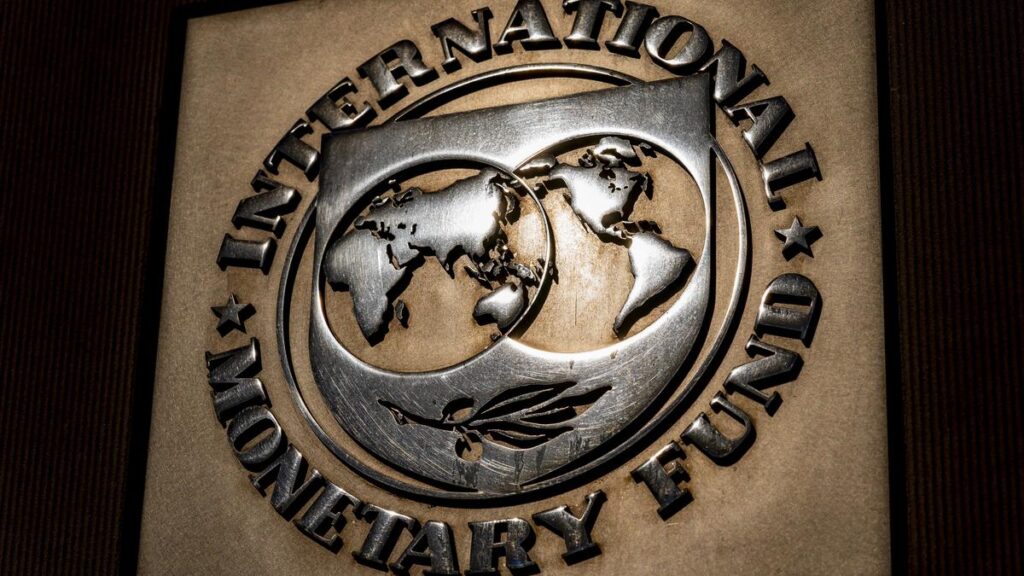The International Monetary Fund has sanctioned an immediate disbursement of approximately $1 billion to Pakistan under its Extended Fund Facility, bringing total disbursements under the arrangement to about $2.1 billion. This financial support arrives at a time when Pakistan is grappling with severe economic challenges and escalating tensions with India.
The IMF’s decision follows the completion of the first review of Pakistan’s 37-month, $7 billion EFF programme, which aims to stabilise the country’s economy through structural reforms and fiscal consolidation. The IMF commended Pakistan’s policy efforts, noting significant progress in stabilising the economy and rebuilding confidence amidst a challenging global environment.
However, the approval has not been without controversy. India abstained from the IMF board vote, expressing concerns that the funds could be misused to support cross-border terrorism, particularly in light of a deadly attack in Indian-administered Kashmir that killed 26 tourists. India urged the IMF to reassess its loan disbursements to Pakistan, citing the possibility of misuse of debt-financing funds for state-sponsored cross-border terrorism.
In response, Pakistani Prime Minister Shehbaz Sharif dismissed India’s objections, asserting that attempts to derail the IMF programme were unsuccessful. He expressed satisfaction over the approval of the $1 billion disbursement, viewing it as a testament to Pakistan’s commitment to economic reform and stability.
The IMF’s support comes as Pakistan faces significant economic headwinds, including high inflation, a depreciating currency, and dwindling foreign exchange reserves. The country has implemented stringent fiscal measures, such as a 40% increase in taxes and substantial hikes in electricity prices, to meet the IMF’s conditions. These austerity measures have led to widespread public discontent and protests across the nation.
Despite these challenges, the IMF has acknowledged Pakistan’s efforts to restore economic stability. The Fund highlighted the importance of consistent policy implementation, including sound fiscal, monetary, and exchange rate policies, to entrench macroeconomic sustainability. Key priorities under the EFF include raising fairer and more efficient taxes, especially from under-taxed sectors, and creating space for higher spending on health and education.
The IMF also approved a new $1.4 billion loan for Pakistan under its climate resilience fund, aimed at supporting the country’s efforts to build resilience against climate-related shocks. This additional funding underscores the IMF’s commitment to assisting Pakistan in addressing both its economic and environmental challenges.




 G7 Urges De-escalation
G7 Urges De-escalation 